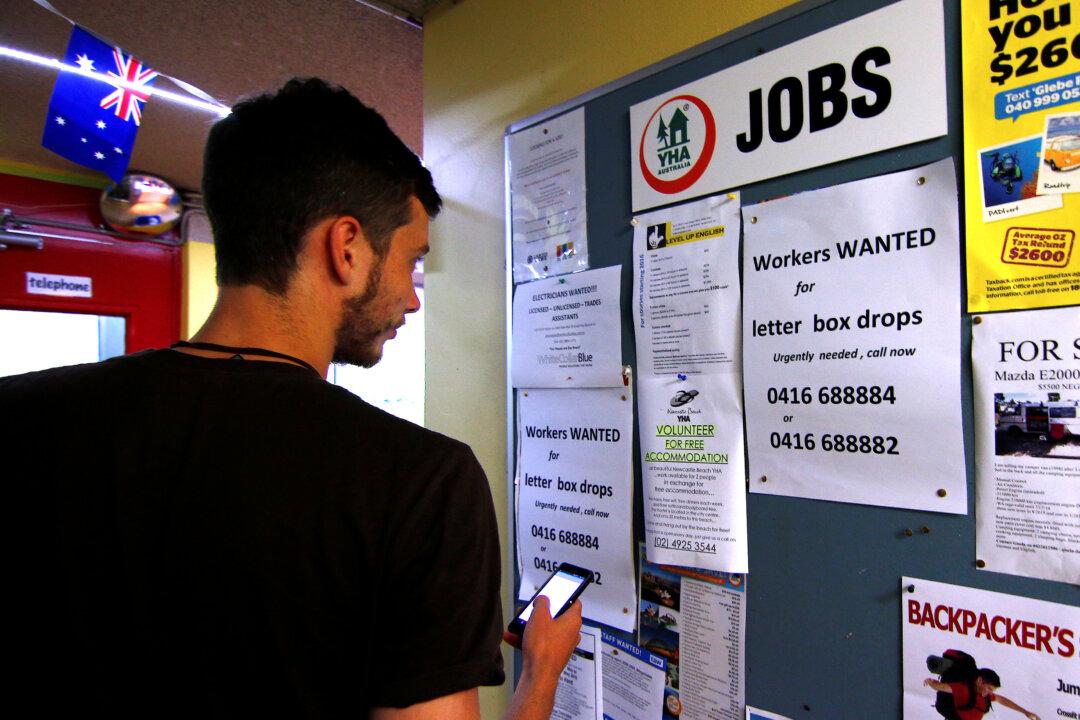The jobs market is expected to hold in its strong position for another month despite a dire warning about the trajectory of the Australian economy.
The March labour force report from the Australian Bureau of Statistics will follow several months of ultra-low unemployment levels despite the Reserve Bank delivering a series of interest rate hikes since last year.





